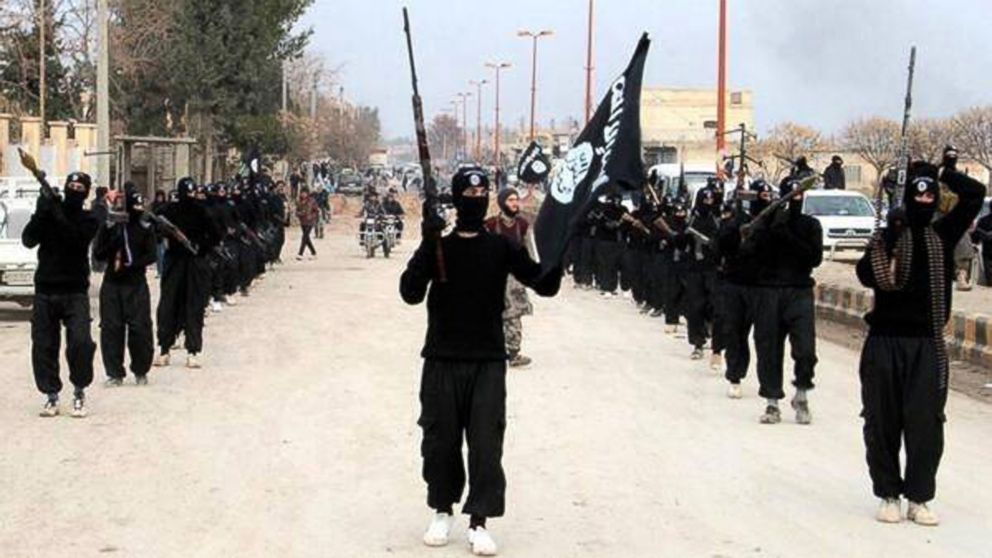Officials: 'Inadequate' Government Efforts to Prevent US Terrorist Radicalization
Only two dozen U.S. officials devoted to countering extremism, lawmaker says.

WASHINGTON — -- The Obama administration's approach to combating terrorist radicalization inside the U.S. has been "inadequate" while ISIS has found extraordinary success at inspiring many to commit violence, current and former officials said at a congressional hearing today.
So far this year, the FBI has arrested 48 suspects in the U.S. accused of attempting to support ISIS or act violently in the name of the Islamist extremist group – and yet in all of the U.S. government, only half that number of U.S. officials are devoted to Countering Violent Extremism (CVE) programs, according to Rep. Michael McCaul, Chairman of the House Homeland Security Committee.
“In the high-threat environment we are in today, this is unacceptable,” McCaul said.
But current and former officials have told ABC News the numbers are even worse and that many of those officials counted in the number the administration provided to McCaul split their time between CVE and other duties. Those inside the government solely focused on CVE at the Department of Homeland Security, Department of Justice and National Counterterrorism Center number approximately eight, these officials said.
"Resources devoted to CVE have been highly inadequate, and CVE units within each relevant agency remain understaffed," Seamus Hughes, who recently left the National Counterterrorism Center, told the House Committee on Homeland Security. Before leaving NCTC, Hughes was one of the officials responsible for such CVE efforts over the past three years.
Hughes is now deputy director of the Program on Extremism at George Washington University's Center for Cyber and Homeland Security, which has found that in addition to the 48 arrested in the U.S., at least 10 Americans have been killed in Syria and Iraq fighting jihad for Islamist extremist groups.
Compared to this year’s 48 arrests, last year only saw 12 terror-related busts, according to the Program on Extremism's analysis, which law enforcement officials confirmed.
Officials unsealed charges on Monday against the latest defendant, Alexander Ciccolo of Adams, Mass., who is accused of plotting to attack a college campus in the name of ISIS.
McCaul held the Wednesday hearing as the committee considered his legislation to boost the rolls at the Homeland Security Department focused on extremism by creating a CVE office there.
Some Democrats on the committee led by ranking member Rep. Bennie Thompson, D-Miss., have objected to the bill, saying that it is still unclear what is being done at the Department of Homeland Security and the lawmakers don’t know enough about what the DHS believes it needs – when it comes to Islamic extremism, or white supremacy extremism most recently personified in Dylan Roof, the alleged South Carolina church shooter.
Two officials told ABC News that the legislation would actually enable more work on domestic terrorism threats and could prevent tragedies such as the Charleston killings.
Hughes, who is a former aide to Sen. Joseph Lieberman, I-Conn., agreed that "Islamist extremism is hardly the only form of extremism that poses a threat" and non-Islamist extremism needs to be aggressively addressed, too.
But he also added that there has been "resistance from Muslim communities" to the government's outreach, where "some American Muslim civic groups embrace CVE efforts, while others decry it as a surveillance ruse or an effort that singles out American Muslims."
Some members appeared surprised when McCaul asserted that Jeh Johnson, the Secretary of Department of Homeland Security, appears to be "generally supportive" of his moves to fund more staff to fighting extremism outside of law enforcement action to disrupt plots.
Johnson sent a letter to McCaul and Thompson today saying he considers “CVE to be one of the Department’s highest priorities.”




